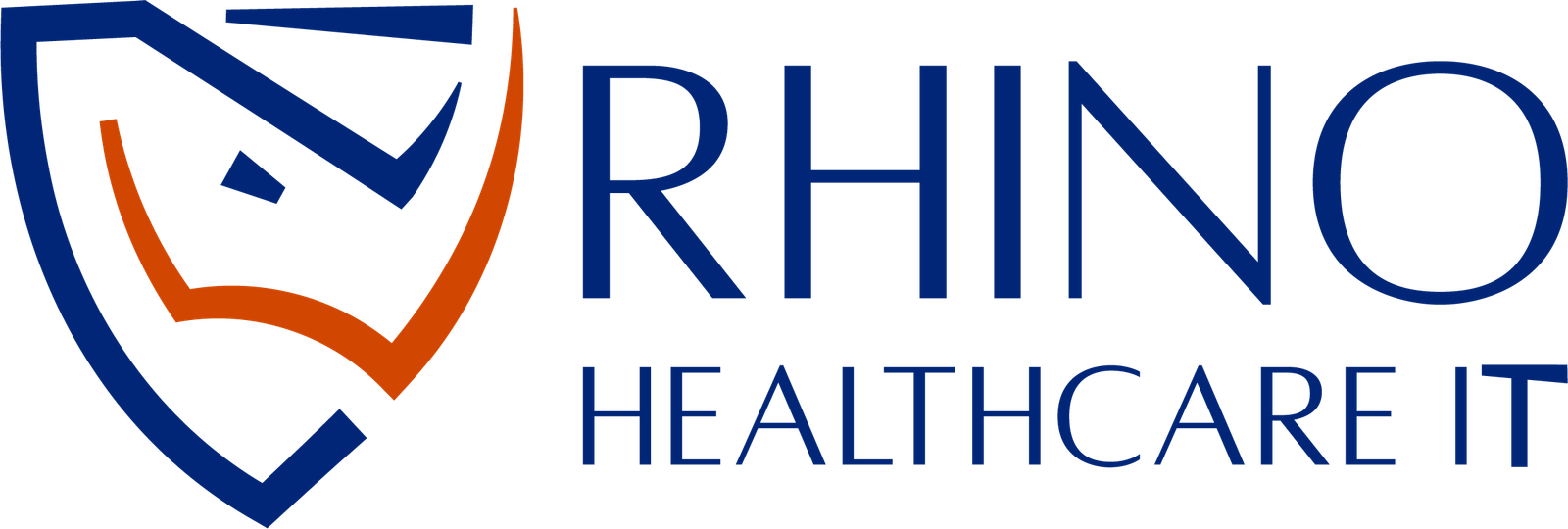A patient management system has become a cornerstone for healthcare providers, enabling seamless organization, scheduling, and monitoring of patient-related processes. By centralizing critical data and streamlining administrative tasks, this software transforms healthcare operations for hospitals, clinics, and practices alike.
What is a Patient Management System?
A patient management system is a comprehensive software solution designed to streamline healthcare operations by managing patient records, appointments, billing, and administrative tasks. From scheduling visits to tracking treatment plans, this tool integrates key functionalities to improve efficiency and ensure a better patient experience.
Often integrated with hospital information management systems and information management systems in healthcare, a patient management system optimizes workflows, reduces errors, and enhances communication across departments.
Top Benefits of Implementing a Patient Management System
1. Streamlined Patient Scheduling and Appointment Management
A patient management system simplifies the scheduling of appointments by automating reminders, reducing no-shows, and optimizing time slots. Patients are easily accommodated using tools like a patient queue management system, which minimizes wait times and improves satisfaction.
2. Enhanced Patient Data Management
Centralizing patient records ensures quick and easy access to patient history, treatment plans, and test results. Integration with hospital information management systems reduces manual record-keeping, prevents duplication, and ensures data accuracy. By improving access to information management systems in healthcare, providers can deliver better, more personalized care.
3. Improved Operational Efficiency
Healthcare providers can automate administrative tasks such as patient intake, billing, and reporting. By implementing a system management program, hospitals and clinics reduce staff workload, eliminate redundant processes, and optimize workflows—leading to increased productivity.
4. Better Communication Across Departments
With a robust patient management system, communication between departments is streamlined. Providers, nurses, and administrative staff can access real-time updates, improving coordination and eliminating gaps in patient care.
5. Accurate Billing and Financial Management
The software integrates billing and financial processes to ensure accurate invoicing, insurance claims, and payment tracking. By reducing manual errors, healthcare providers improve revenue cycle management while enhancing patient satisfaction with transparent billing.
6. Compliance with Regulatory Standards
A modern patient management system ensures compliance with HIPAA and other regulatory frameworks, safeguarding sensitive patient information. Integrated security features like data encryption and secure access controls keep patient data protected.
7. Reduced Patient Wait Times
With features like a patient queue management system, hospitals and clinics can efficiently manage patient flow, prioritize critical cases, and reduce overcrowding. This not only improves patient satisfaction but also optimizes the utilization of resources.
8. Advanced Reporting and Analytics
Using advanced health systems management tools, providers can generate insightful reports to analyze patient care trends, identify areas for improvement, and make data-driven decisions. These analytics enhance performance, patient care quality, and operational efficiency.
Why Your Healthcare Facility Needs a Patient Management System
The healthcare industry faces unique challenges, from patient flow management to maintaining regulatory compliance. Implementing a patient management system addresses these challenges while offering a range of benefits, such as:
- Improved patient satisfaction through better scheduling and reduced wait times.
- Centralized patient information for easy and secure access across departments.
- Enhanced workflows and productivity using management health systems tools.
- Financial accuracy with seamless billing integration.
- Better decision-making through advanced reporting and analytics.
With an effective system management program, healthcare facilities can transform the way they operate, ensuring smoother workflows, higher productivity, and better patient outcomes.
Why Choose Rhino Healthcare IT?
At Rhino Healthcare IT, we specialize in implementing and optimizing patient management systems tailored to meet the needs of healthcare providers. Whether you are a small clinic or a large hospital, we ensure seamless integration of systems to enhance operational efficiency and improve patient care.
What We Offer:
- Customized Solutions: Tailored implementation of hospital information management systems and patient management tools.
- Regulatory Compliance: HIPAA-compliant solutions to ensure data security and privacy.
- Advanced Integration: Integration with information management systems in healthcare for improved collaboration and data access.
- End-to-End Support: From system setup to ongoing monitoring, we provide complete technical assistance.
- Performance Optimization: Continuous updates and performance tuning to keep your systems running at their best.
Partnering with Rhino Healthcare IT ensures your healthcare organization stays ahead of the curve with innovative, secure, and efficient solutions.
Conclusion
Implementing a patient management system is a game-changer for healthcare facilities looking to streamline workflows, improve communication, and enhance patient satisfaction. With benefits ranging from better scheduling and accurate billing to advanced analytics and compliance, this software delivers tangible improvements in healthcare operations.
Ready to Optimize Your Healthcare Operations?
Discover how a patient management system can revolutionize your organization. Contact Rhino Healthcare IT today for a free consultation and let us help you enhance patient care and operational efficiency.

